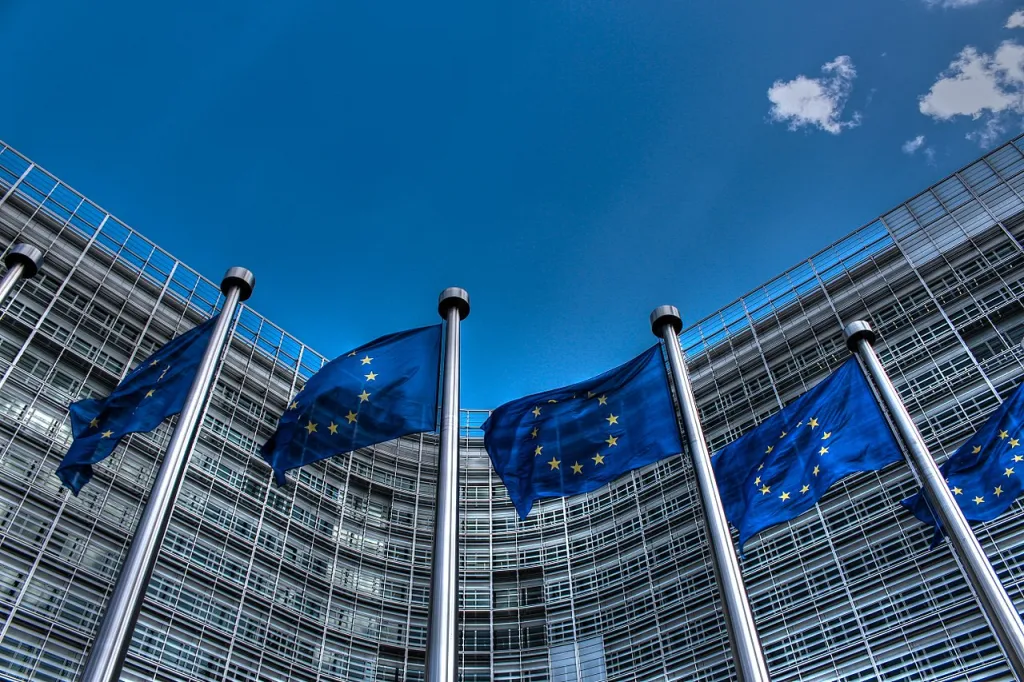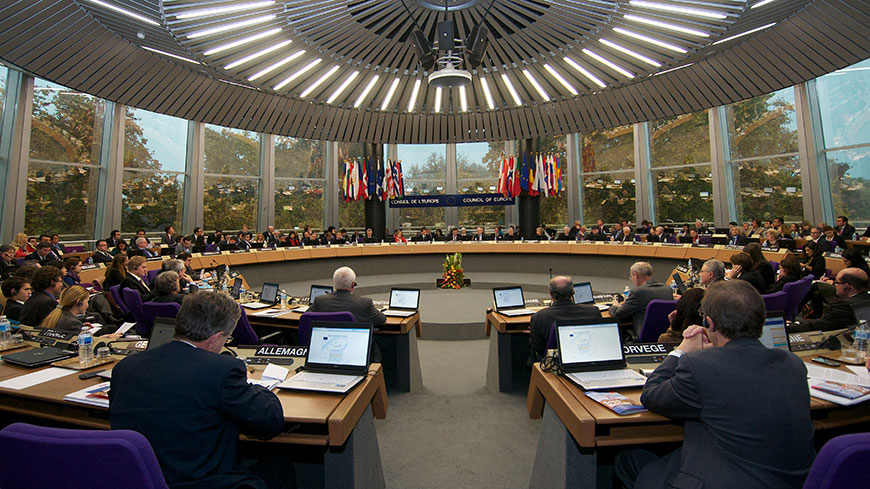EDPS’ Final Recommendations on the AI Act

EDPS’ Final Recommendations on the AI Act The EDPS (European Data Protection Supervisor) published today its own-initiative Opinion on the Artificial Intelligence Act (AI Act) as this proposed Regulation enters the final stages of negotiations between the EU’s co-legislators. The AI Act aims to regulate the development and use of Artificial Intelligence (AI) systems in the EU, […]
EU AI Act nearing agreement despite three key roadblocks

EU AI Act nearing agreement despite three key roadblocks In this article published on euronews, its author Jeremy Fleming-Jones, writes about nearing agreement on the EU AI Act despite the three stumbling blocks, as the fifth round of negotiations have started on October 24th. First there is the issue of various exemptions sought by the […]
AI Act Trilogue Topics: Open Source

AI Act Trilogue Topics: Open Source Authors: Catelijne Muller and Maria Rebrean On June 14 of this year, the legislative process of the AIA entered its final phase, the Trilogue. During this phase the co-legislators (EP and Council) will negotiate the final text of the AIA under the brokerage of the European Commission. In this […]
The European AI Liability Directives

The European AI Liability Directives: Critique of a Half-Hearted Approach and Lessons for the Future This article, authored by Philipp Hacker, Chair of Law and Ethics of the Digital Society @ European University Viadriana, has been recently published in Computer Law & Security Review (51). Abstract: The optimal liability framework for AI systems remains an unsolved problem across the […]
Europe’s Digital Constitution

Europe’s Digital Constitution Anu Bradford, the Henry L. Moses Professor of Law and International Organization at Columbia Law School and the author of Digital Empires: The Global Battle to Regulate Technology, writes on Verfassungsblog: Moments after completing his purchase of Twitter in October 2022, Elon Musk tweeted that “the bird is freed”—an apparent reference to his […]
The Governance of AI: Interim Report by UK’s House of Commons

The Governance of AI: Interim Report by UK’s House of Commons UK’s House of Commons’ Science, Innovation and Technology Committee has released an interim report from the session 2022-23. This report covers several issues, including the UK Government’s AI policy, international AI policy, opportunities that AI presents, and 12 “challenges” it poses. The House of […]
A comprehensive and distributed approach to AI regulation

A comprehensive and distributed approach to AI regulation A defining challenge of AI regulation is creating a framework that is comprehensive, but still results in rules that are tailored to the nuances of AI in different applications, such as in educational access, hiring, mortgage pricing, rent setting, or healthcare provisioning. Alex Engler proposes a new […]
Everything. Everywhere. All at Once: AI Policy When Congress returns

Everything. Everywhere. All at Once: AI Policy When Congress returns Marc Rotenburg, the Executive Director and Founder of the Center for AI and Digital Policy, writes about what is in store for AI policy when US congress returns in September. To read the full article, please click on this link.
Rethinking how to build guardrails for AI

Rethinking how to build guardrails for AI A recent report jointly published by authors from Carnegie Mellon University and Center for AI Safety, revealed in what ways LLM safety measures can be bypassed, allowing the generation of harmful information in large amounts. Abstract: Large language models (LLMs) like ChatGPT, Bard, or Claude undergo extensive fine-tuning […]
Exploring Institutions for Global AI Governance

Exploring Institutions for Global AI Governance A new white paper by Google’s DeepMind investigates models and functions of international institutions that could help manage opportunities and mitigate risks of advanced AI. To read the full white paper, please click on the this link.